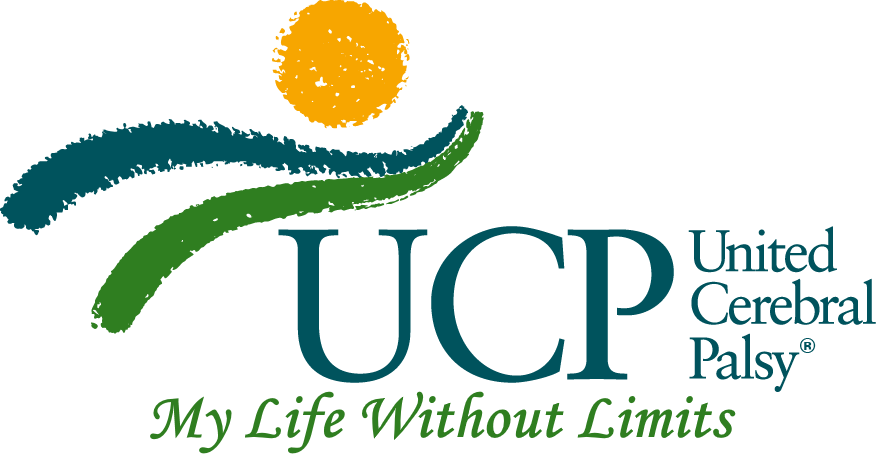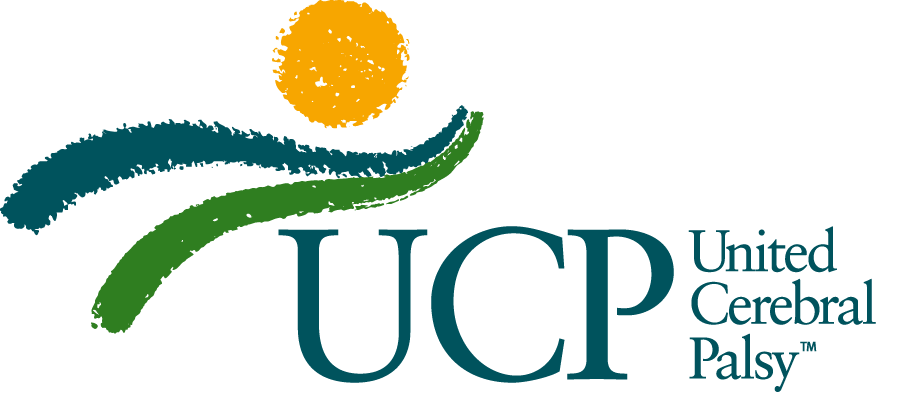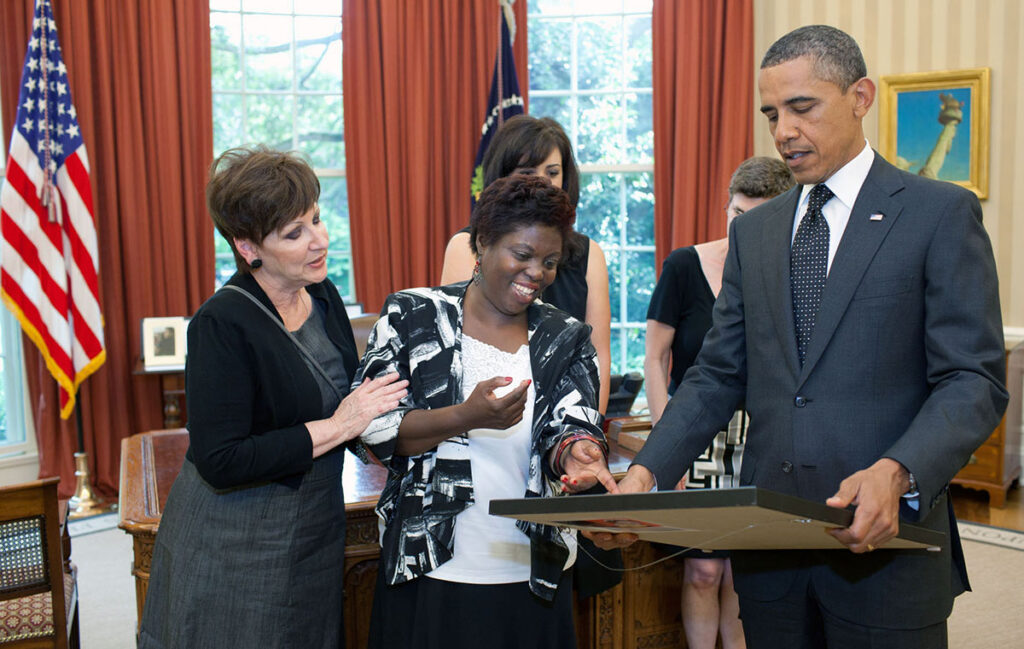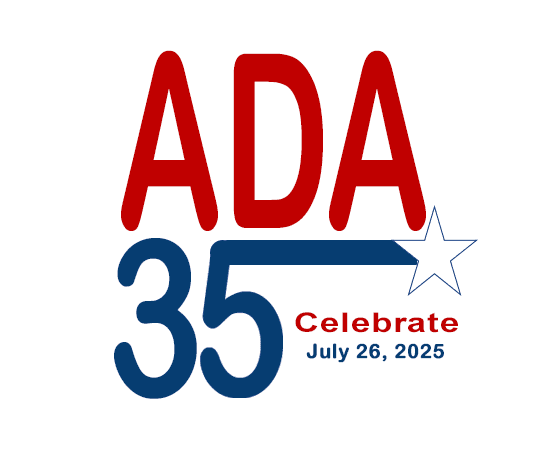
The Americans with Disabilities Act (ADA), signed into law in 1990, stands as a monumental achievement in the fight for disability rights. While many organizations contributed to its passage, United Cerebral Palsy (UCP) was a critical player behind the scenes, helping shape the legislation that transformed accessibility and equality in the United States.
UCP remains committed to advancing civil rights and accessibility for people with disabilities.
Coalition Building and Policy Advocacy
UCP worked alongside other major organizations like The Arc, the National Council on Independent Living (NCIL), and the Consortium for Citizens with Disabilities (CCD) to advance civil rights and accessibility for people with disabilities. UCP’s deep expertise in supporting individuals with cerebral palsy and developmental disabilities made it a powerful voice for inclusive policy change. The organization submitted key policy recommendations and worked closely with lawmakers to ensure the ADA addressed real-life challenges faced by the disability community.
Congressional Testimony That Made a Difference

One of UCP’s pivotal contributions was testimony before Congress. Sally Weiss, then UCP’s special projects coordinator, presented compelling data from UCP’s employment programs. She emphasized that thousands of individuals with severe disabilities had been successfully placed in restructured jobs using a model known as “vocational profiling.”
Her testimony demonstrated that people with disabilities could thrive in the workforce when provided with the right support and accommodations.
Grassroots Mobilization and Public Awareness
Through its national network of affiliates, UCP launched grassroots campaigns that helped generate public support for the ADA. These local efforts included rallies, community education, and letter-writing campaigns that urged lawmakers to act. UCP also helped spotlight personal stories of discrimination and inaccessibility, helping to build a sense of urgency and moral clarity around the need for federal legislation.
Continued Commitment to ADA Implementation
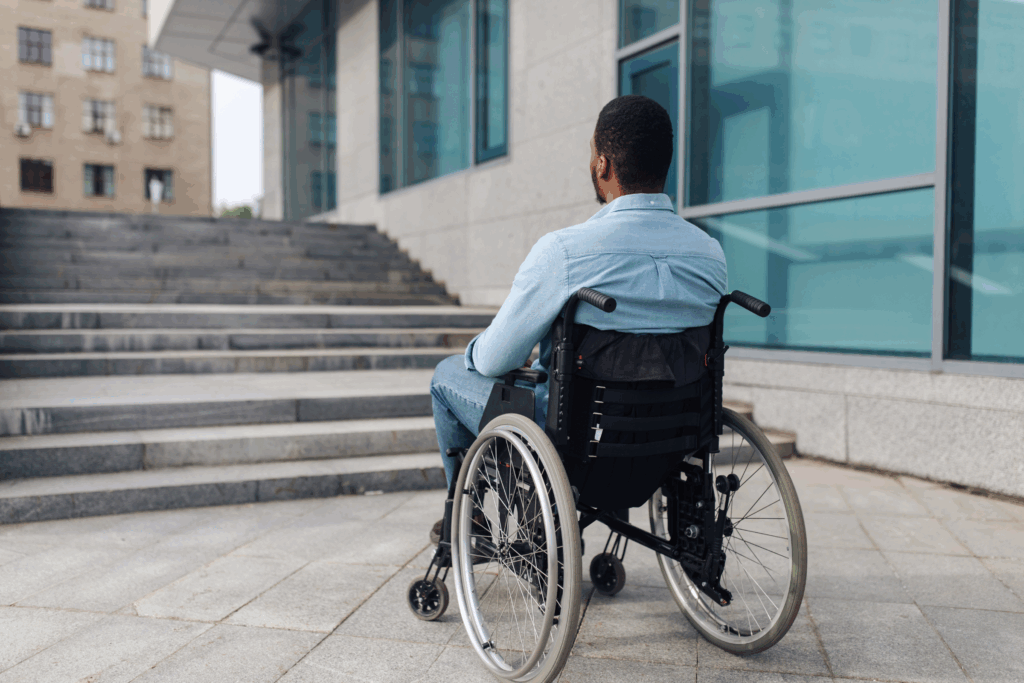
After the ADA’s passage, UCP remained deeply involved in its implementation. The organization provided training, monitored compliance, and supported individuals and businesses in understanding their rights and responsibilities under the law.
UCP also gathered data showing that over 75% of people they surveyed reported improved access to public spaces and services following the ADA.
Key Takeaways
- UCP was instrumental in shaping and supporting the ADA.
- Through policy input, testimony, and grassroots action, UCP helped secure landmark civil rights for people with disabilities.
- The organization continues to champion ADA compliance, education, and accessibility across the U.S.
A Legacy of Leadership in Disability Rights
United Cerebral Palsy’s legacy in the disability rights movement is far-reaching. From shaping legislation to empowering communities, UCP has proven time and again that advocacy and action can create lasting change. As we celebrate the anniversary of the ADA, we remain steadfast in our commitment to advancing civil rights and accessibility for people with disabilities.
